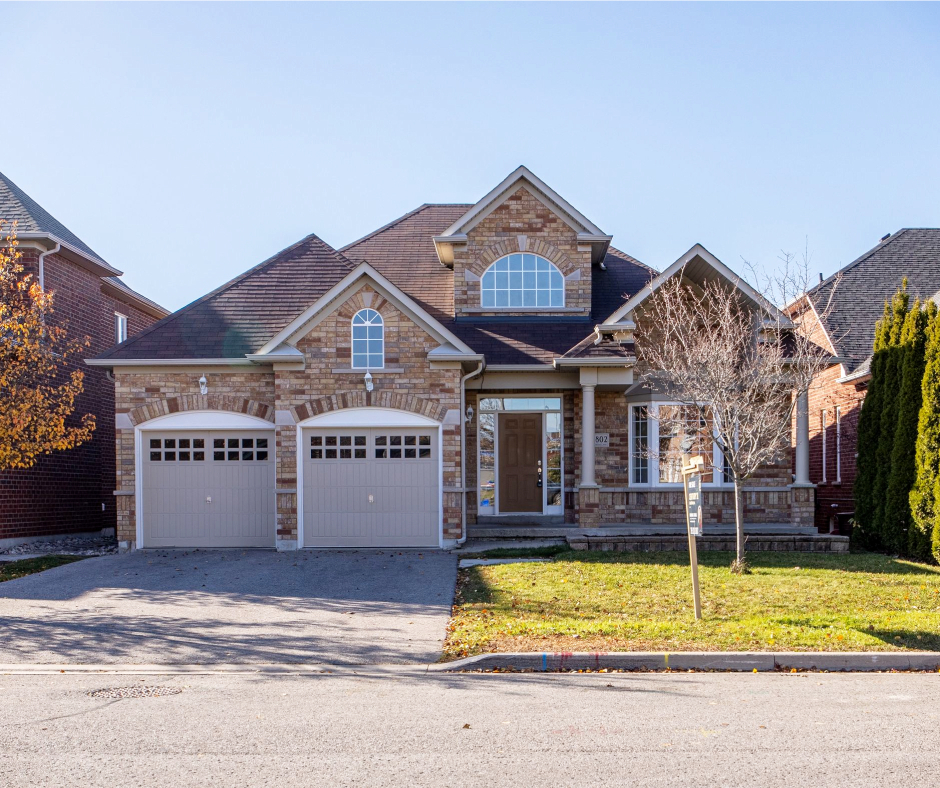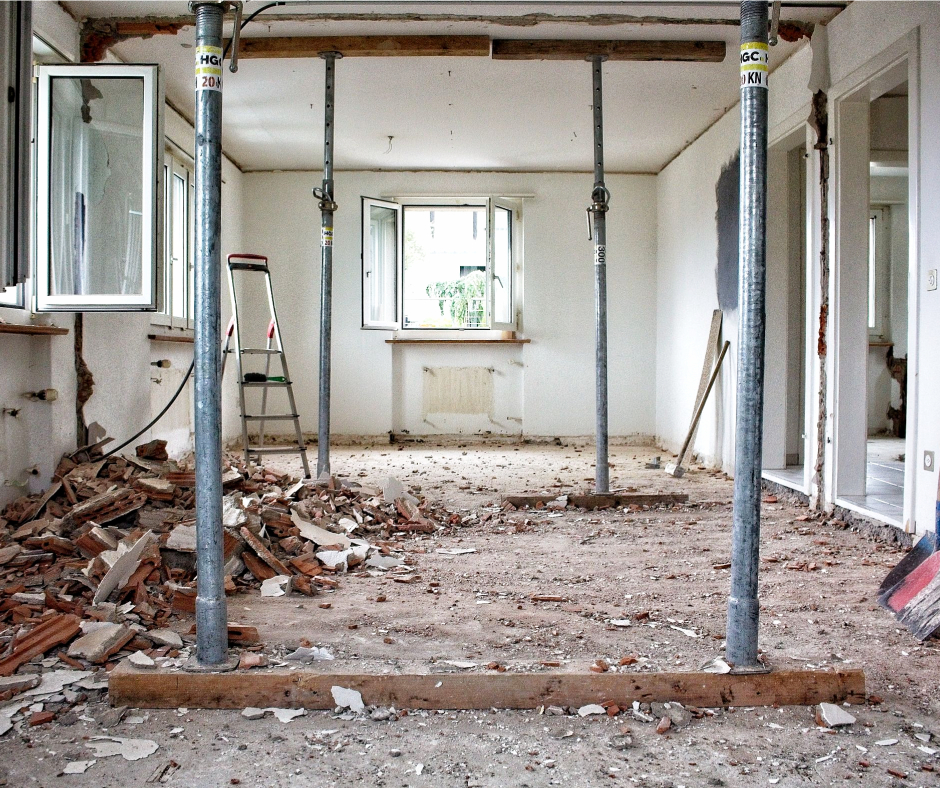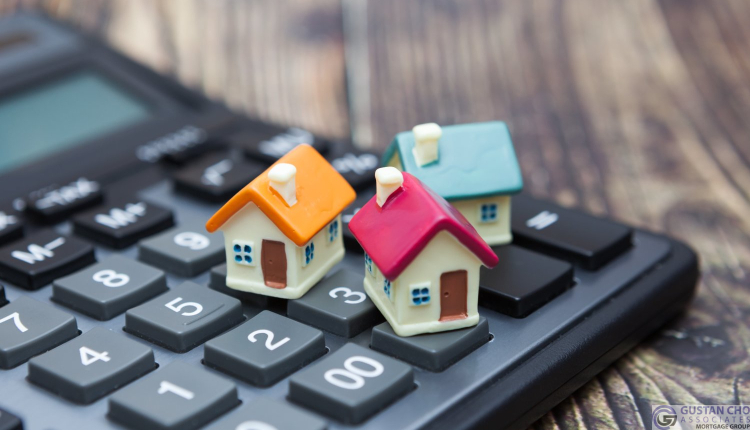Refinance FAQ
In this guide, we will be covering the commonly refinance FAQ. There are many refinance mortgage loan programs such as rate and term, cash-out refinance, FHA and VA streamline refinance, reverse mortgages, refinancing non-QM loans to the traditional government and/or conventional loans, refinance FHA to conventional, and refinancing to get co-borrowers out of the mortgage. Other homeowners will refinance to do renovations to their homes with an FHA 203k loan.
Often Asked Refinance FAQ
Many homeowners do refinance mortgage loans to get a lower mortgage rate so they can reduce their monthly payments. By refinancing to a lower rate, you can save tens of thousands of dollars over the term of the loan.
Yet homeowners can also take advantage of USDA refinance loans, USDA streamlines, Conventional refinance mortgage loans, Jumbo refinance loans, Jumbo cash-out refinance loans, condotel unit refinance loans, and non-warrantable refinance loans. Whatever the reason for refinancing, we will cover the refinance FAQ in the following paragraphs.
FHA Refinance FAQ
Homeowners who have purchased their homes in the past several years can take advantage of refinancing their current mortgage loans to an FHA refinance mortgage. With FHA rates being at an all-time low and the reduced FHA mortgage insurance premium, homeowners can save hundreds of dollars per year and tens of thousands over the course of their FHA loan. Contact us for an analysis of how much you can save by exploring refinancing with an FHA refinance mortgage.
FHA Cash-Out Refinance FAQ
Many homeowners purchased their homes right after the 2008 real estate and financial meltdown at the low of the real estate market. Home buyers who have purchased their homes from 2009 and forward have gotten their homes at rock bottom prices and many home buyers who purchased during that time have seen their home values appreciate 20% or more.
Some homeowners, especially in Illinois, Florida, California, and dozens of other states enjoyed an appreciation of as much as 50% in the past few years. Homeowners with equity can explore doing a cash-out refinance mortgage. A homeowner can do a cash-out on FHA, conventional, and non-QM refinance mortgage loans up to an 80% loan to value. VA loans allow up to a 100% LTV cash-out refinance. Cash-out refinance is tax-free. Homeowners do not have to pay taxes on the process of a cash-out refinance mortgage loan.
Click here to check if you qualify for FHA Cash-out Refinance
FHA Streamline Refinance FAQ
Homeowners with a current FHA-insured mortgage loan can do an FHA Streamline Refinance Mortgage with no appraisal required, no income verification, and no credit score required. HUD, the parent of FHA, figures if the homeowner already has an FHA loan and has been paying on time, why do they need another appraisal and income documents.
The only requirements on FHA streamline refinance is the homeowner needs to have been timely on their FHA loan for the past 12 months. The FHA Streamline Refinance is so simple and fast-tracked that most FHA Streamline Refinance Mortgage Loans can close in as quick as three weeks, depending on how fast the mortgage loan borrowers submit their conditions to the mortgage loan processor and into the hands of the underwriter for review.
What Are The FHA Streamline Refinance Guidelines?
The are no credit score requirement FHA Streamline Refinance Program enables homeowners whose credit scores have deteriorated since the purchase of their homes. It does not matter what your credit scores are and whether or not you have recent late payments, recent collection accounts, recent charge-offs, or even auto repossessions or other derogatory credit in the past 12 months. The only requirement the mortgage lender requires is that you have been timely on your mortgage payments for the past 12 months.
A one-time 30-day late payment on your mortgage payment is allowed. A new appraisal is not required. If you have high debt-to-income ratios, it will not be taken into account because no income verification is required. If you do have high credit scores, we can take that into account because with higher credit scores borrowers will get rewarded with lower mortgage rates.
Refinancing Your Current Loan To an FHA 203k Loan
FHA 203k loans are the acquisition and construction loans all in one. Borrowers can qualify for an FHA 203k loan on home purchase and refinance transactions. The FHA 203k loan process is streamlined and not too difficult. It does require more paperwork than a standard FHA loan due to the construction budget and scope of work.
FHA 203k loans are one of the most popular loan programs today for homebuyers of fixer-uppers and homeowners who need renovations to their homes. If you are a homeowner with a home in need of repairs, you can explore the option of refinancing your current mortgage loan, whether it is a conventional loan, FHA loan, VA loan, USDA loan, to an FHA 203k refinance mortgage loan where the mortgage lender pays off your current home loan and gives you a new loan with rehab budget. Click here to get qualify for FHA 203k loan
What Are FHA 203k Loans?
HUD, the parent of FHA, has a unique renovation mortgage loan program for homebuyers and homeowners. There are two types of FHA 203k Loans. FHA 203k loans are acquisition and renovation loans for homebuyers of fixer-uppers. Homeowners can refinance into an FHA 203k loan. On a 203k refinance mortgage loan, the new FHA 203k loan will pay the existing mortgage loan balance and replace it with a new renovation/permanent mortgage loan.
FHA 203k Streamline Loan
The first is an FHA 203k Streamline which the maximum budget for repairs is $35,000. You can do any types of repairs that are non-structural such as kitchen and bathroom remodeling, basement remodeling, attic remodeling, new floors, new paint, new windows, new roof, new exterior, mechanicals such as updating electric, plumbing, and HVAC, and millwork. You cannot do a room addition, second-floor addition, or structural work with an FHA 203k Streamline mortgage loan.
Standard FHA 203k Loan
The second type of FHA 203k loan is the Standard Full FHA 203k mortgage loan where structural work is permitted and there is no limit on your construction budget as long as you have comparable after the work has been completed. With a standard full FHA 203k Loan, you can do room additions, second-floor additions, and structural changes to your home. You can also do a complete teardown and build on your existing foundation.
Refinance FAQ: Refinancing Your FHA Loan To Conventional Loan
One of the common refinance FAQ is how much can I cash out with a refinance cash-out refinance mortgage. If your home has appreciated in value by 20% or more and you have an FHA Loan, you can refinance your FHA loan to a conventional loan and avoid paying the pricey annual FHA mortgage insurance premium. As mentioned earlier, many homeowners do not realize how much their homes have appreciated in the past few years.
There are many areas in California, Florida, and Illinois, where home values have sky, rocketed anywhere between 20% to 50%. Even if your home has not appreciated 20%, conventional mortgage lenders now offer Lender Paid Mortgage Insurance, which is also known as LPMI, where no mortgage insurance is required on conventional mortgage loan borrowers. 97% loan to value is required to qualify for a standard conventional mortgage loan.
Talk to us to check if you qualify for FHA loans
Refinance FAQ: Cash Out Refinance on Conventional Loans
Homeowners who need cash can do a cash-out refinance mortgage with a conventional loan. The maximum loan to value on a cash-out conventional loan is 80% LTV. Many homeowners who have homes that have appreciated in the past several years have more than enough equity that they can qualify for a cash-out refinance mortgage loan. Home values have skyrocketed in the past few years. Many homeowners have a lot of equity in their homes. The high home values throughout the country is a great time to take advantage of doing a cash-out refinance and using it to pay high interest auto loans, credit cards, installment accounts, or other debts. There is no restrictions on where to use the proceeds from the cash-out refinance mortgage. Plus, the proceeds from a cash-out mortgage is tax free.
Frequently Asked Questions (FAQs)
- What is refinancing?
Refinancing involves substituting an existing mortgage with a new one to secure improved loan conditions, like a reduced interest rate or a shorter loan duration. - When is the right time to refinance my home?
Determining the optimal time for refinancing hinges on several factors, encompassing prevailing interest rates, credit score, and how long you plan to stay home. Generally, it’s beneficial to refinance when interest rates are lower than your current rate and when you can recoup the refinancing costs within a reasonable time frame. - What are the benefits of refinancing?
Refinancing can offer several benefits, including lowering your monthly mortgage payments, reducing the total interest paid over the life of the loan, transitioning from a fixed-rate mortgage to an adjustable-rate mortgage (ARM) (or vice versa), consolidating debt, and accessing equity for home improvements or other financial needs. - What are the costs associated with refinancing?
Refinancing typically involves closing costs, this encompasses loan origination fees, appraisal charges, title search and insurance fees, along with other miscellaneous expenses. It’s important to factor in these costs when determining whether refinancing is worthwhile. - How do I qualify for a refinance?
Qualification requirements for refinancing are similar to those for obtaining a mortgage. Lenders will take into account elements such as your credit score, income, debt-to-income ratio, and the equity in your home. - Can I refinance if I have less-than-perfect credit?
While having a higher credit score can make it easier to qualify for a refinance and secure better terms, it’s still possible to refinance with less-than-perfect credit. Some lenders offer refinancing options specifically designed for borrowers with lower credit scores. However, they may come with higher interest rates. - Is it advisable to refinance for a shorter loan term?
Choosing a shorter loan term through refinancing can result in savings on interest payments throughout the loan’s duration and enable you to clear your mortgage faster. However, it typically results in higher monthly payments. Consider your financial goals and budget carefully before opting for a shorter loan term. - Can I refinance if my home has lost value since I purchased it?
If your home’s value has declined since you purchased it, you may still be able to refinance, but it could be more challenging. In this situation, lenders may require a higher level of equity to qualify for a refinance. - How long does the refinancing process take?
The refinancing process typically takes anywhere from 30 to 45 days from application to closing. However, this can fluctuate based on variables like the lender’s current workload and the complexity of your financial situation. - Are there any risks associated with refinancing?
While refinancing can offer significant benefits, there are also potential risks to consider, such as extending the term of your loan, accruing additional closing costs, and the possibility of not recouping the costs of refinancing if you sell your home too soon. It’s very important to carefully consider the pros and cons before moving forward with a refinance.
Here at Gustan Cho Associates, we are experts when it comes to Refinancing. Call us at (800) 900-8569 or text us for a faster response. You can also email us at alex@gustancho.com. Our expert Loan Officers are available even during weekends and holidays!
This article on refinance FAQ was written and updated on February 15, 2024.







